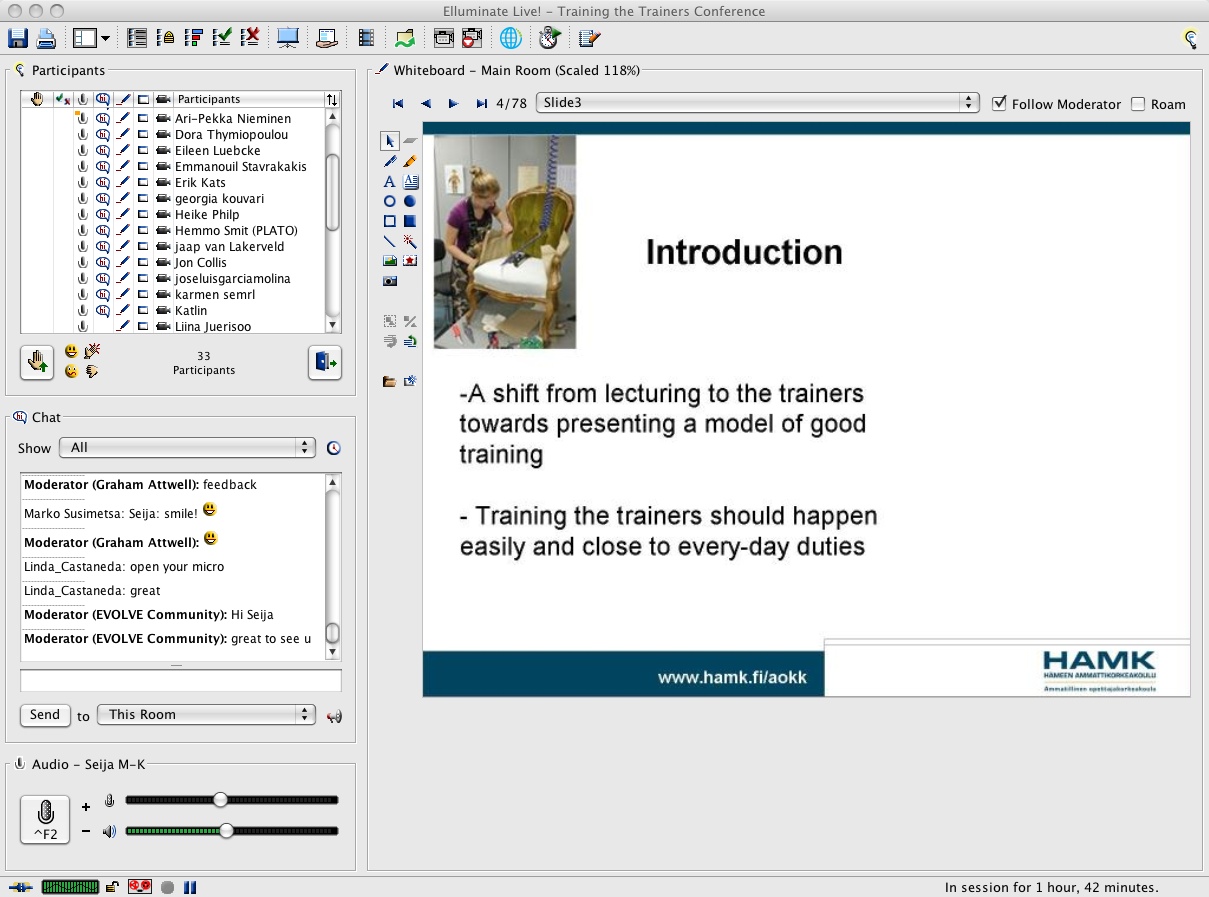Managing information or maturing knowledge?
There have been a number of reports in the wake of the failure of public services to prevent the tragic death of child in London. The story below from the Guardian looks at the impact of the introduction of Management Information Services in social services in the UK. What it reveals is that professional workers are forced to spend increasing amounts of time completing tick box tracking report forms on computers. The result is not increased efficiency and effectivenesss but a failure to sharing information with those that need it. The MIS becmes the centre of attention, not the task – in this case the protecion of vulnerable children.
This is not limited to social wok. Studies we have carried out in the eduction sphere reveal the same tendency. Professional wokers are being diverted away from what they see as their job in the requirement to fill in tracking reports on ill designed Management Information Systems. The inormation held by the MIS is seen as primarily for tracking and funding pruposes. raher than helping with the work. Littlle attention is paid to how an MIS might assist in developing and maturing knowledge. Natural knowledge sharing and development processes, through dialogue and networking are left behind. Often staff develop their own informal systems, to exchange the knowledge that they need, in parallel to official procedures.
We need to review the purpose of such systems. Do we develop systems to help professional wokrers in their job or merely to collect infomation? What is the purpose of the information being collected? Who is it for and why? How can we design systems based on the abilities of ‘knowledge workers’, rather than relying on the number crunching outputs of the machine? And what approaches are need to the design of such human oriented systems? These are not just academic questions, as the report below tragically reveals.
“A government computer system intended to improve the handling of child abuse cases has led to social workers having to spend more than 100 hours for every case filling out forms, cutting the time they have to make visits.
Reports by two universities have revealed that the Integrated Children’s System (ICS), launched in 2005 following the death of Victoria Climbié, is so laborious it typically takes more than 10 hours to fill in initial assessment forms for a child considered to be at risk. A “core assessment” takes a further 48 hours on average, according to government-commissioned research by York University. The system, which cost £30m to implement, creates deadlines that further restrict the time available for family visits.”
“But the pressure on social workers, effectively tied to their desks by bureaucracy, reveals systemic problems in child protection. “Workers report being more worried about missed deadlines than missed visits,” said Professor Sue White, who is studying five child protection departments for the University of Lancaster. “The [computer] system regularly takes up 80% of their day.”
ICS replaced a system where social workers wrote case notes in narrative form, which many argue made it easier for different officials to quickly pick up the details of complex cases.
In the review by the University of York of the first authorities to adopt the system, the use of tick boxes was criticised because of “a lack of precision that could lead to inaccuracy”. It added that the system “obscured the family context”.
The level of detail demanded by ticking boxes “sacrificed the clarity that is needed to make documentation useful,” it concluded.
“If you go into a social work office today there’s no chatter, nobody is talking about the cases, it is just people tapping at computers,” said White.
One social worker interviewed by White’s team said: “I spend my day click- clicking and then I’ll get an email from someone else – say a fostering agency- asking for a bit more information on a child: ‘Could we please have a pen picture of the three children’. It’s horrendous.
“It’s impossible to get a picture of the child,” said another. “It’s all over the place on the computer system … That coupled with the number of people involved in the case makes my life very difficult.”
Eileen Monroe, an expert on child protection at the London School of Economics, said some local authorities are petitioning the government to allow them to drop the system. “The programme is set up to continually nag you, and the child’s misery just doesn’t nag as loudly.””




